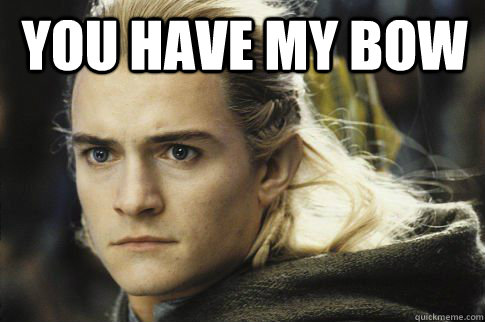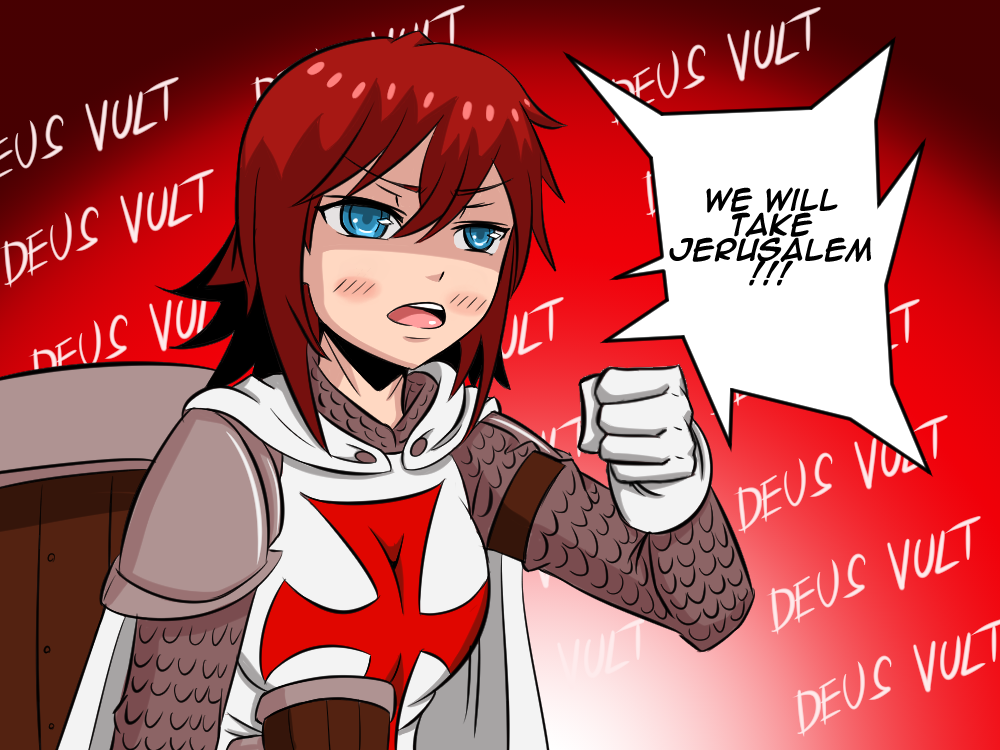P r e m i s e
“Men who fear demons see demons everywhere.”
Brom, The Child Thief
Brom, The Child Thief
My central Dungeons & Dragons setting has always been one mired in dark fantasy, high stakes, and the reality that those with virtues are the exception in mortality rather than the rule. Ultimately, what Escarion is about is looking at the bleak world and rejecting the notion that there is no hope. In this attempt of the setting, I’m looking to centralize it through discord or in a play-by-post format depending on what the playerbase thinks is better for their personal schedules and stylistic preference. It’ll be my first time running a game on RPG’s tabletop section, though I’ve run and participated in Dungeons & Dragons locally for over seven years. So this isn’t my first rodeo.
This game is currently exclusive to those who have been invited.
Some of the guidelines I’m establishing for this campaign include:
Character Level: Player Characters will be level three adventurers of any alignment.
Attribute Selection: Attributes will not be rolled, but instead determined by a twenty-eight Point-Buy calculation.
Supplements: Certain supplements are acceptable, but on a basis of GM approval. Sword Coast Adventures and Xanathar’s Guide to Everything are approved, and anything out of Unearthed Arcana is on a case-by-case basis.
Experience System: I’ll be using what other DMs call a “benchmark” or “milestone” system in that experience is not based on the crunch of enemies but more on plot progression and organic character growth.
Attribute Selection: Attributes will not be rolled, but instead determined by a twenty-eight Point-Buy calculation.
Supplements: Certain supplements are acceptable, but on a basis of GM approval. Sword Coast Adventures and Xanathar’s Guide to Everything are approved, and anything out of Unearthed Arcana is on a case-by-case basis.
Experience System: I’ll be using what other DMs call a “benchmark” or “milestone” system in that experience is not based on the crunch of enemies but more on plot progression and organic character growth.
S c e n a r i o
For reasons known only to you, you have ventured into the Gorgonite Vale. Perhaps you are from one of the many settlements scattered in these lands of rivers and hills, or maybe you’re an outsider from one of the surrounding provinces like the Elven lands to the east or the Dwarven strongholds in the northernmost mountains – whichever the case, you are alone.
You awaken in a cold, damp cave with all of your weapons and items stripped from your person with only the clothes on your back to give you any sort of comfort. You’re imprisoned behind iron bars. Surrounding you in other cages are other men and women whom you have never seen before in your life. They are strangers. But they are strangers that you will need if you are going to survive the night.
You hear footsteps in the distance. You don’t have much time to figure out what is going on and how to survive.
You awaken in a cold, damp cave with all of your weapons and items stripped from your person with only the clothes on your back to give you any sort of comfort. You’re imprisoned behind iron bars. Surrounding you in other cages are other men and women whom you have never seen before in your life. They are strangers. But they are strangers that you will need if you are going to survive the night.
You hear footsteps in the distance. You don’t have much time to figure out what is going on and how to survive.
S e t t i n g
As noted by current historians, it has been a total of one hundred and forty-one years since a rift from the Abyss opened up in the imperial capital. The world has still not found a solution to the never-ending flood of creatures with only one goal in mind on the material plane: consume.
The Calamity. Hell’s Conquest. The Demon Invasion.
Whichever name one chooses to use, the fall of humanity’s finest achievement, a unified human nation of people from all walks of life, still echoes to this very day. A scholar on the event, Mardon Karindale, has written of the fallout from the sudden incursion of demons from the Abyss in great detail ranging from the systematic erasure of humanity from the imperial heartlands, the spread of abyssal corruption of the landscape, and the destruction of over twenty-six holy orders and near extinction of clerical influence in the surrounding provinces. This incursion of demonic influence in the heartlands was never stopped and as a result, the greater realm has paid for it in spades. No race has been unaffected by it, though many have tried to avoid the grim reality that it is not merely a human problem.
From Northgarde to the Gorgonite Vale, all the way eastward to the Lands of Lyriandae and Xorne, and even the remote island of Gnomarius Rhex—there is no place that is safe from the exponential growth of the demonic population of the known world. But despite this ever persisting threat, the combined races of Atlus Escarion remain independent and un-unified; trapped in the squabbles of their own issues and concerns. The men and women of the Dwarven Dominion remain disinterested by the affairs of surfacers as they expand their citadels downward towards the underdark, the elven clans of Lyr are divided over the best course of action as they seek to build a magical barrier instead of deal with the problem at its heart, the halfling communities look to a criminal syndicate for protection from all sorts, the orcish warlords aggressively push eastward for their own ambitions, the gnomes debate frivolously over a magical solution to the demonic dominance of the western mainland, and the facets of humanity that have survived try to create a world where they can finally take back what is theirs at any cost.
But is it too late or impossible to expell the demons?
The Calamity. Hell’s Conquest. The Demon Invasion.
Whichever name one chooses to use, the fall of humanity’s finest achievement, a unified human nation of people from all walks of life, still echoes to this very day. A scholar on the event, Mardon Karindale, has written of the fallout from the sudden incursion of demons from the Abyss in great detail ranging from the systematic erasure of humanity from the imperial heartlands, the spread of abyssal corruption of the landscape, and the destruction of over twenty-six holy orders and near extinction of clerical influence in the surrounding provinces. This incursion of demonic influence in the heartlands was never stopped and as a result, the greater realm has paid for it in spades. No race has been unaffected by it, though many have tried to avoid the grim reality that it is not merely a human problem.
From Northgarde to the Gorgonite Vale, all the way eastward to the Lands of Lyriandae and Xorne, and even the remote island of Gnomarius Rhex—there is no place that is safe from the exponential growth of the demonic population of the known world. But despite this ever persisting threat, the combined races of Atlus Escarion remain independent and un-unified; trapped in the squabbles of their own issues and concerns. The men and women of the Dwarven Dominion remain disinterested by the affairs of surfacers as they expand their citadels downward towards the underdark, the elven clans of Lyr are divided over the best course of action as they seek to build a magical barrier instead of deal with the problem at its heart, the halfling communities look to a criminal syndicate for protection from all sorts, the orcish warlords aggressively push eastward for their own ambitions, the gnomes debate frivolously over a magical solution to the demonic dominance of the western mainland, and the facets of humanity that have survived try to create a world where they can finally take back what is theirs at any cost.
But is it too late or impossible to expell the demons?
S h e e t






